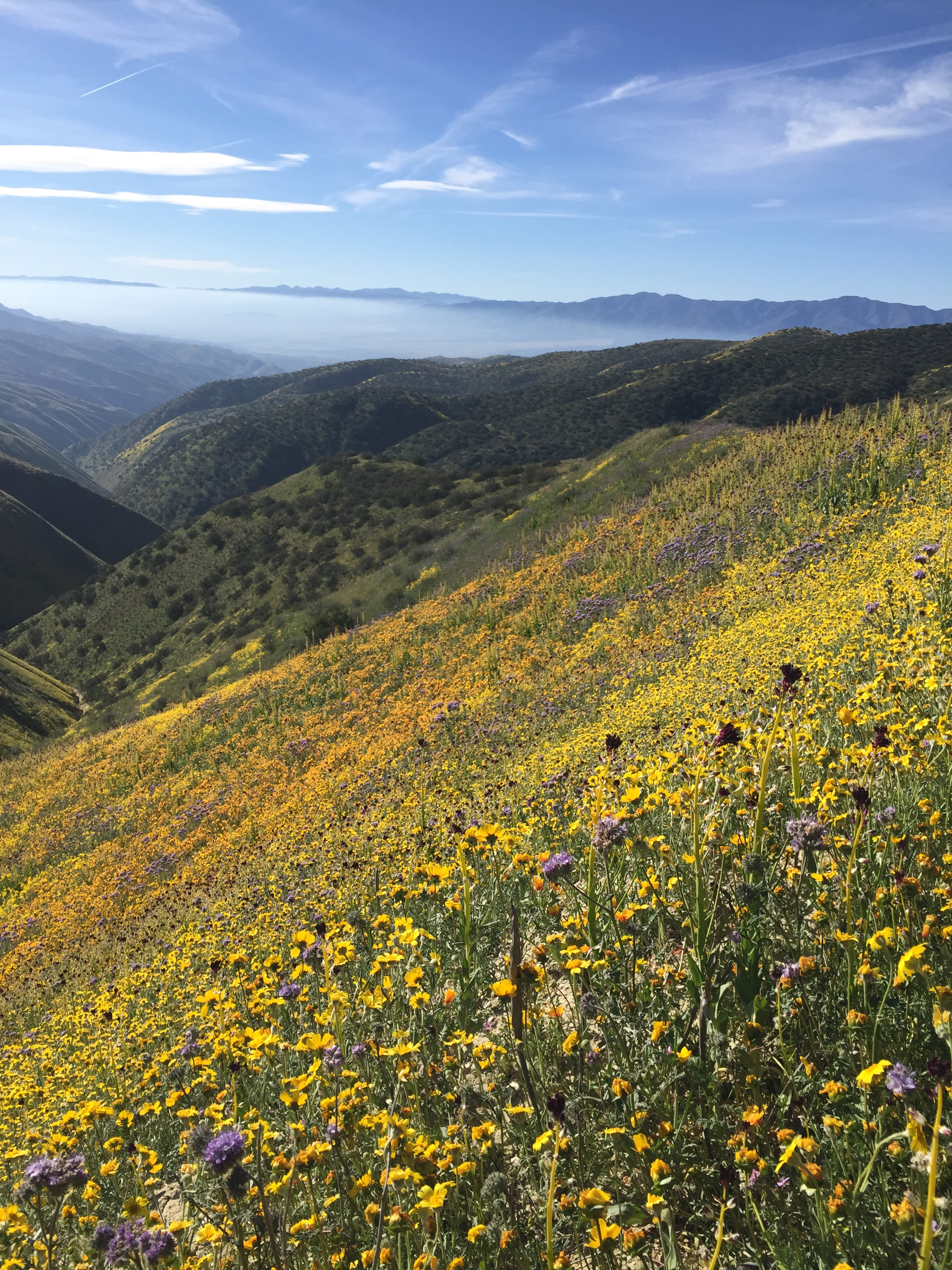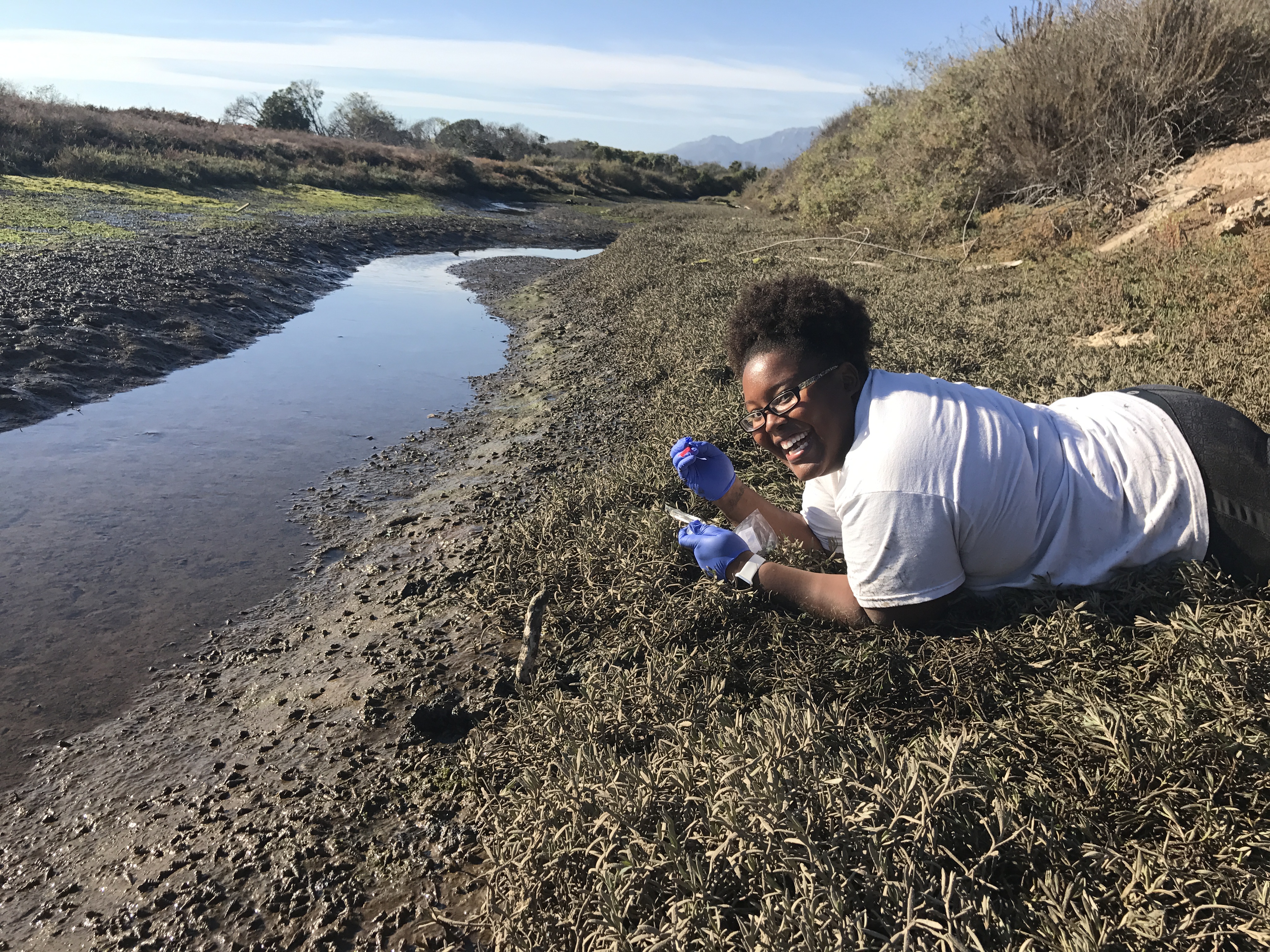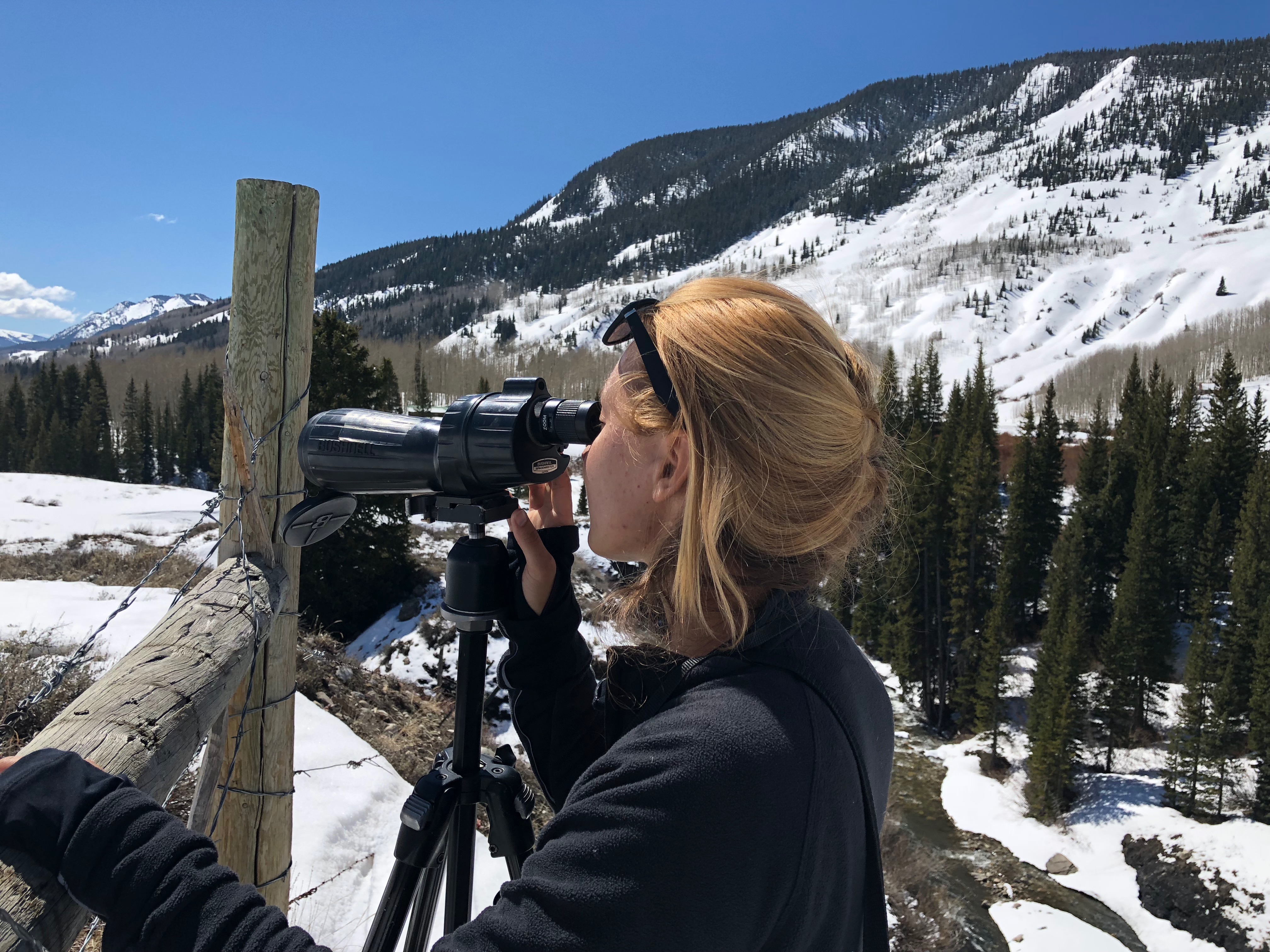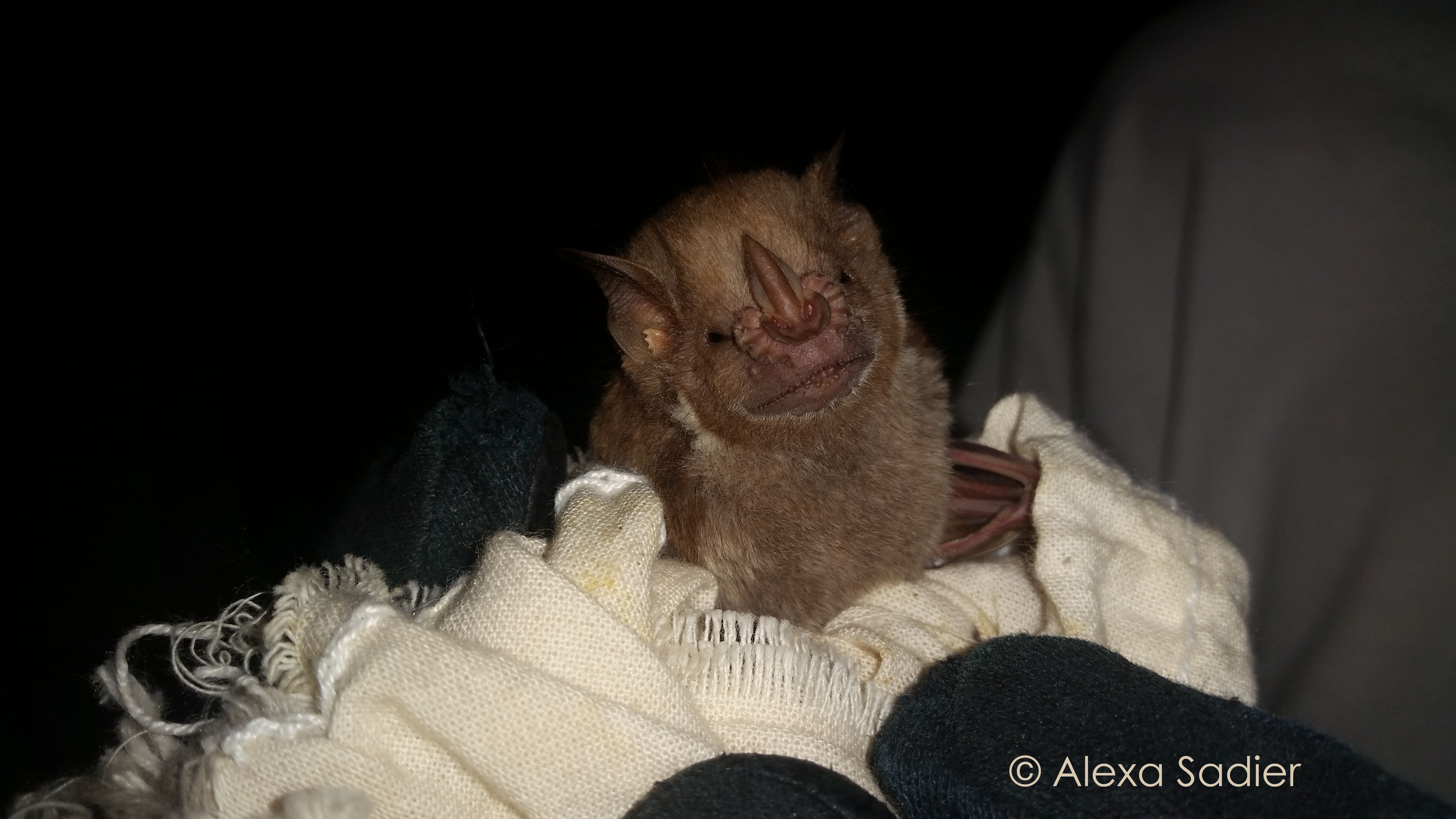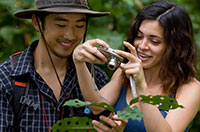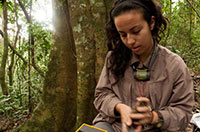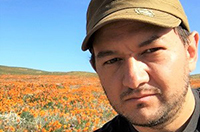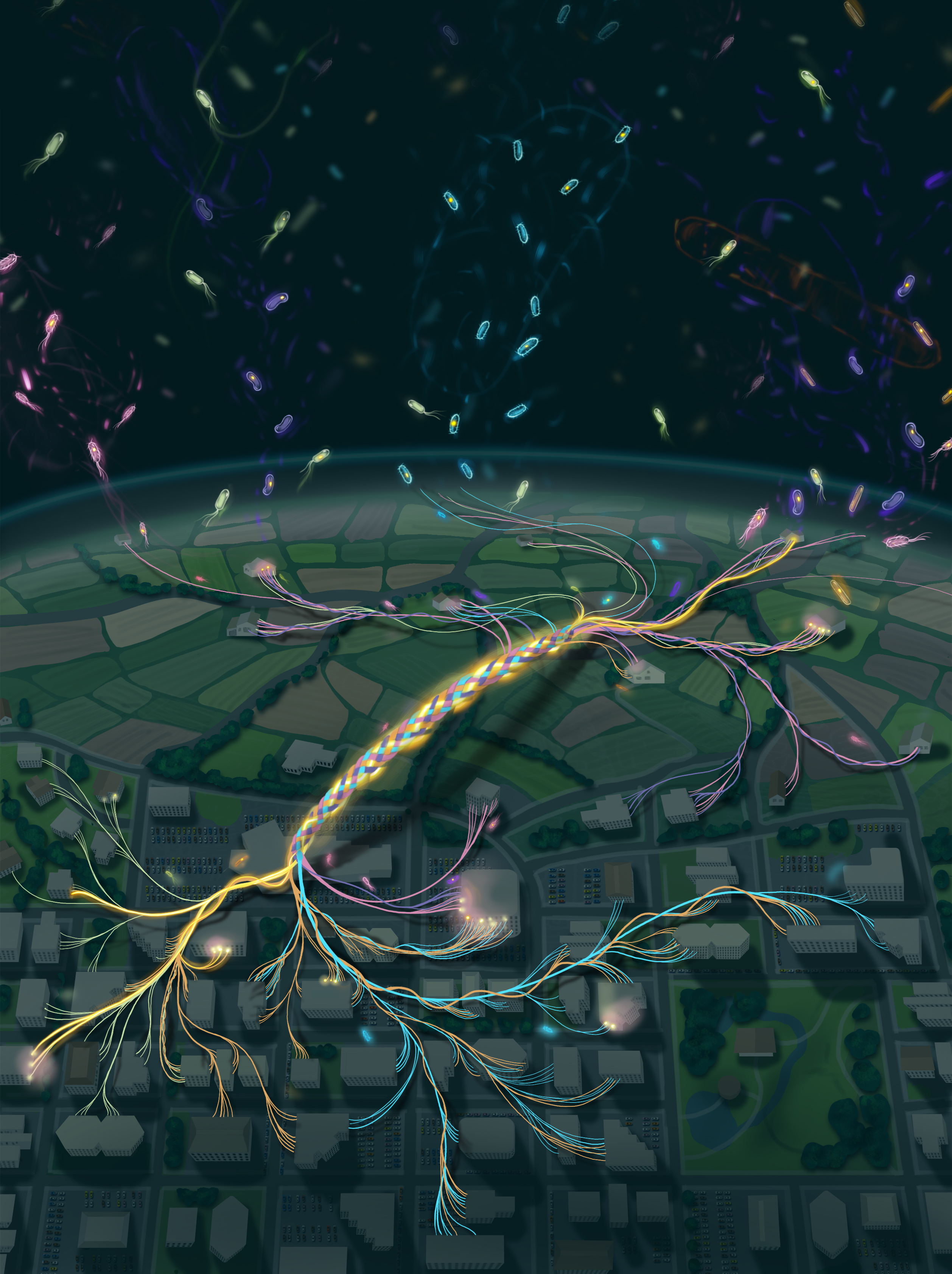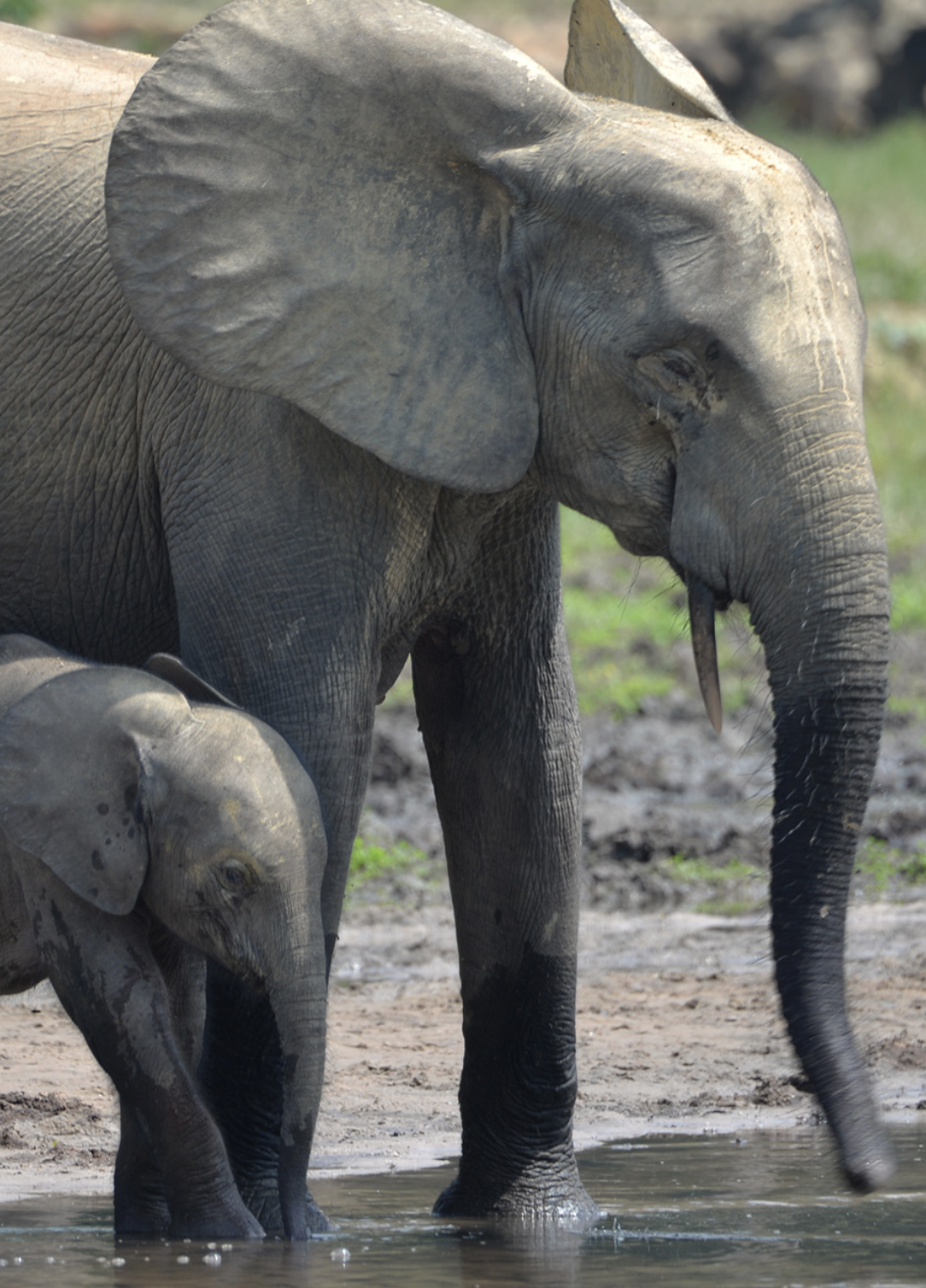creative and highly interactive, intellectual environment
students are prepared to excel in positions in academia, industry, and governmental / non-governmental organizations.
diverse faculty interests
world class faculty study a wide spectrum of research areas including, Behavior, Conservation Biology, Developmental Biology, Ecology, Evolutionary Biology, Marine Biology, Paleobiology, Plant Biology, Physiological Ecology, Theory, and Tropical Biology.
FACULTY SPOTLIGHT
Tom SmithI am interested in improving the scientific basis for conservation programs to preserve biological diversity. Many approaches in conservation are not sufficiently evidence - and science - based, often relying on personal experience or conventional wisdom with little or no connection to theoretical or empirical work on the evolutionary ecology of the organisms to be conserved. |
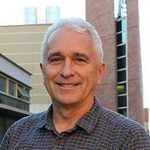
|

